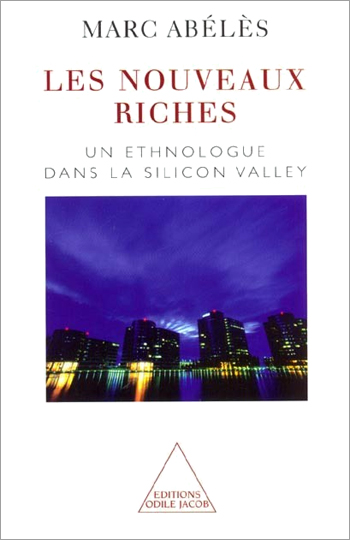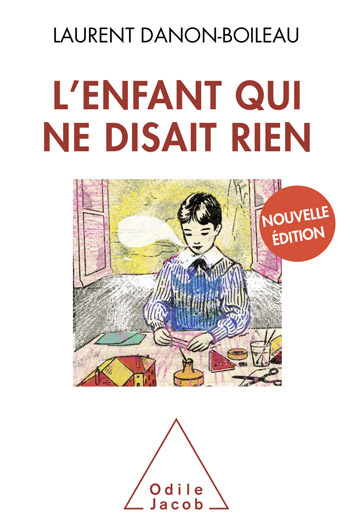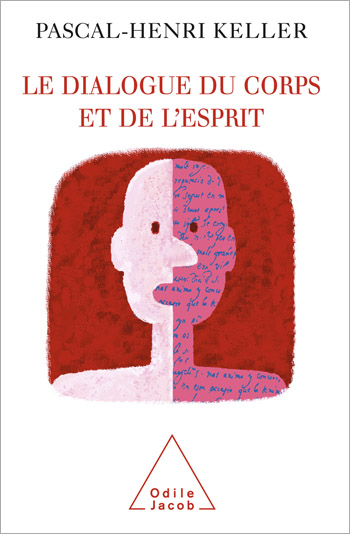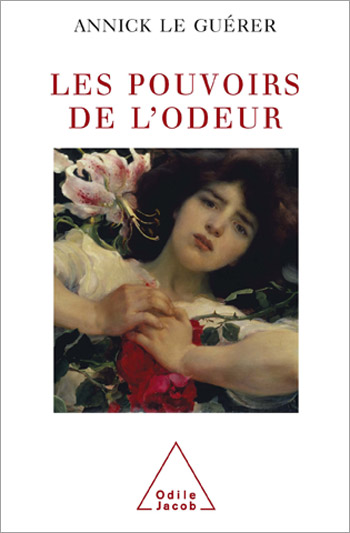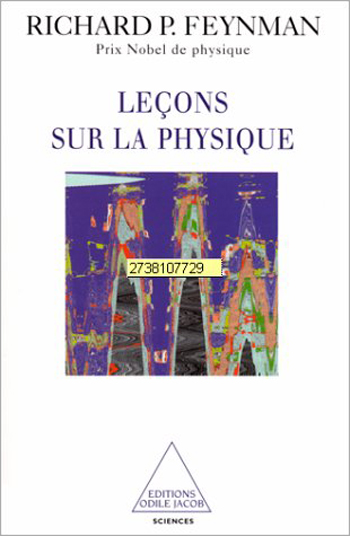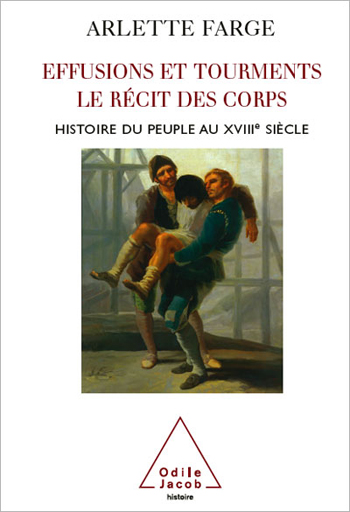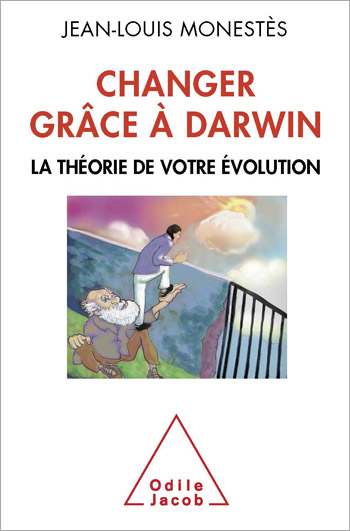Catalog All books
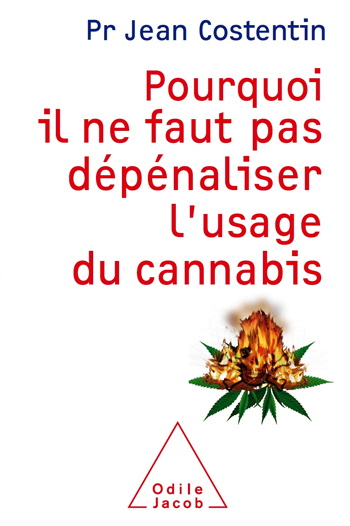
Jean Costentin
Against Legalising Canabis
Contrary to popular belief, cannabis is not such a “soft” drug
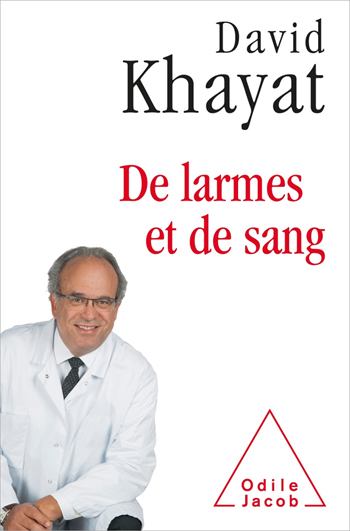
David Khayat
Of Blood and Tears
An eminent physician recounts his deepest feelings as he faces death and pain, as well as his own suffering, in the course of treating his patients.
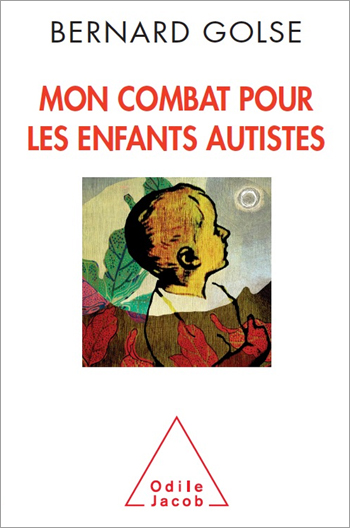
Bernard Golse
My Struggle For Autistic Children
The author pleads for a multifaceted approach to the treatment and care of autistic children.
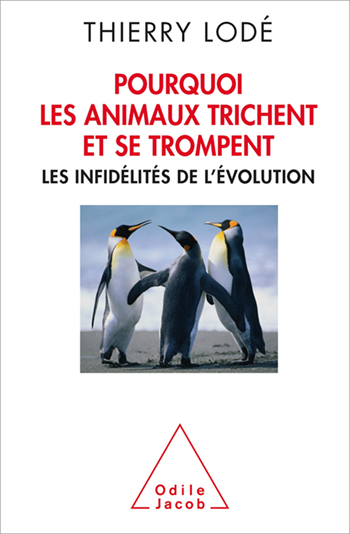
Thierry Lodé
Why Animals Cheat and Make Mistakes
A brilliant contribution to evolutionary biology and to the study of animal behaviour, written in a lively, vivid style
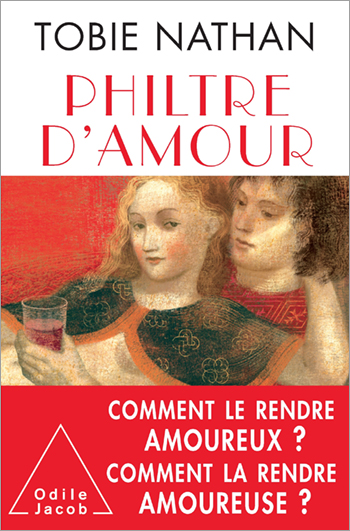
Tobie Nathan
Love Potion How to Make Him/Her Fall in Love with You?
The book that tells you how to make someone fall for you — or how to protect yourself from unwanted lovers! The new art of loving…
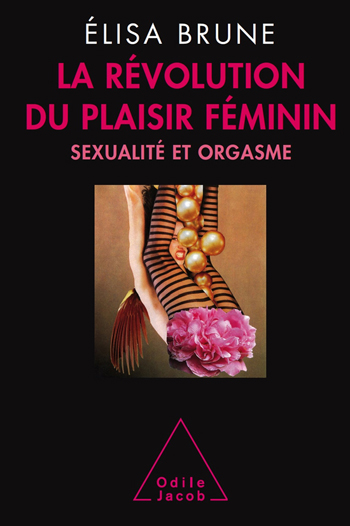
Élisa Brune
The Revolution Of Female Pleasure
The indispensable follow-up to Le Secret des Femmes 1: answers to your questions, innovations to be discovered, advice and scientific findings
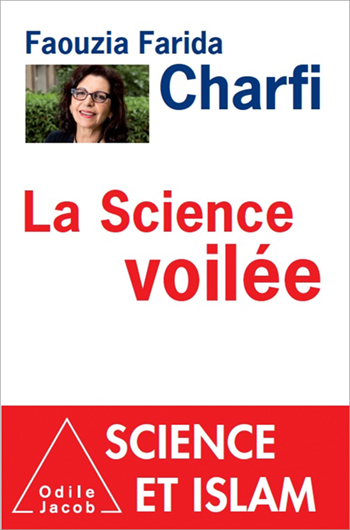
Fouazia Farida Charfi
Science Under the Veil
A vigorous defence of science combined with an appeal to Tunisians to look ahead and not turn their backs on the future


